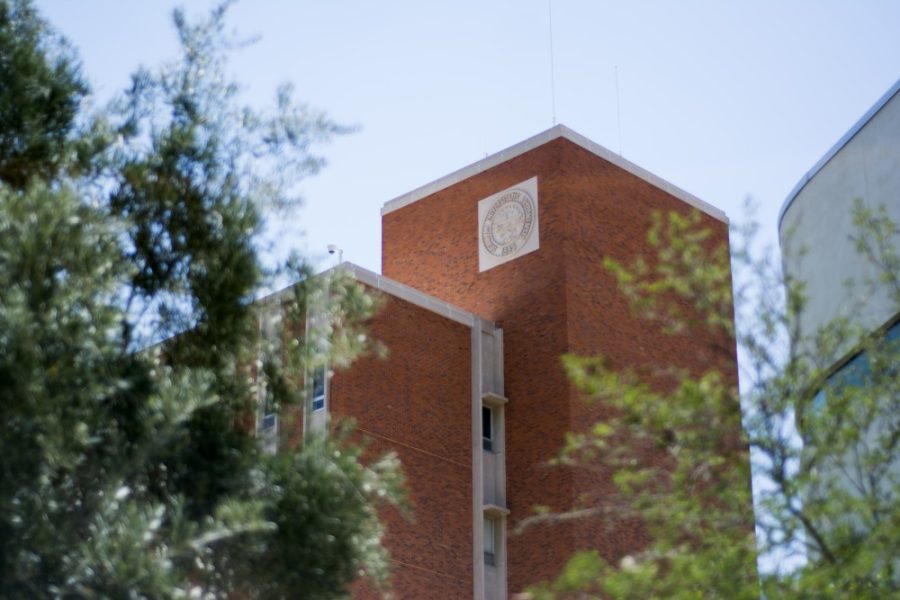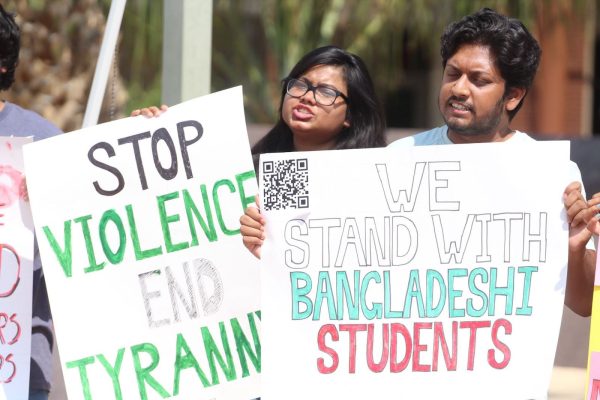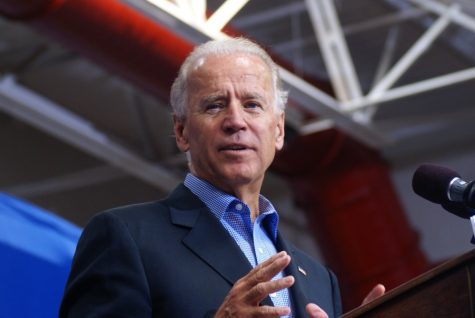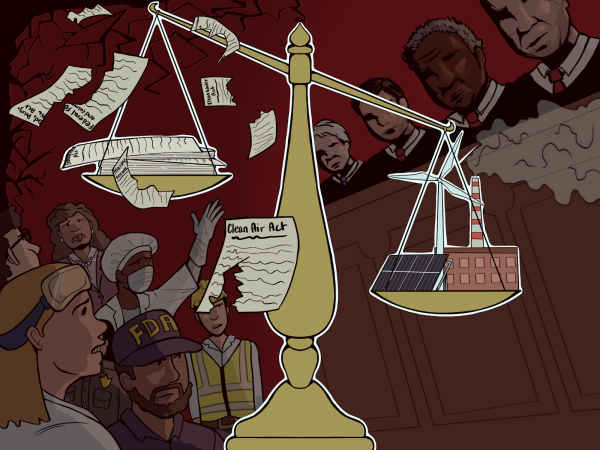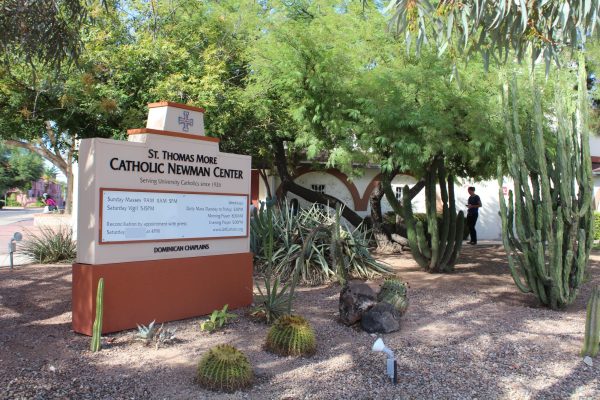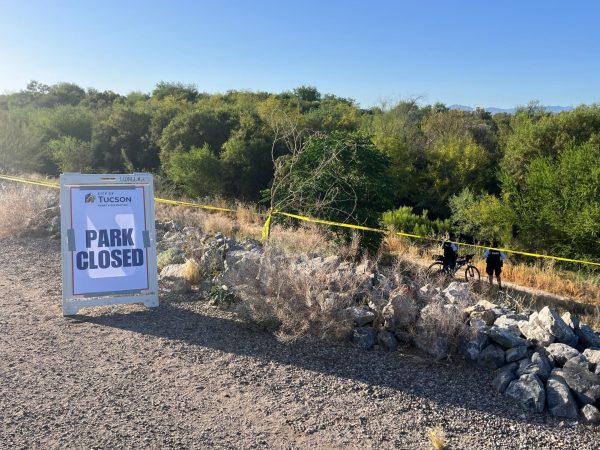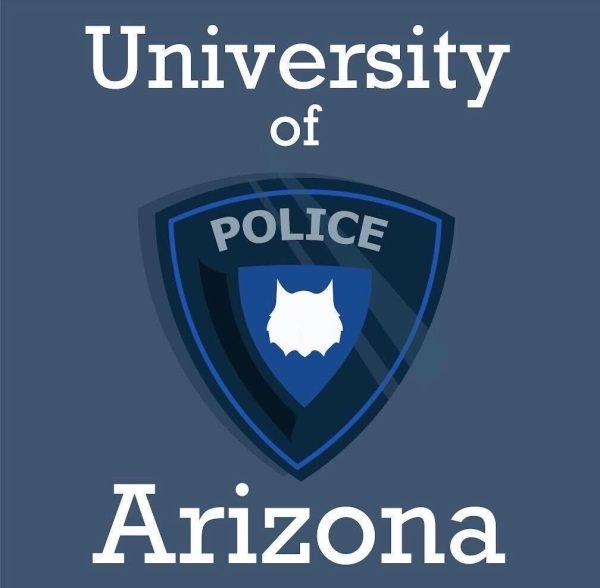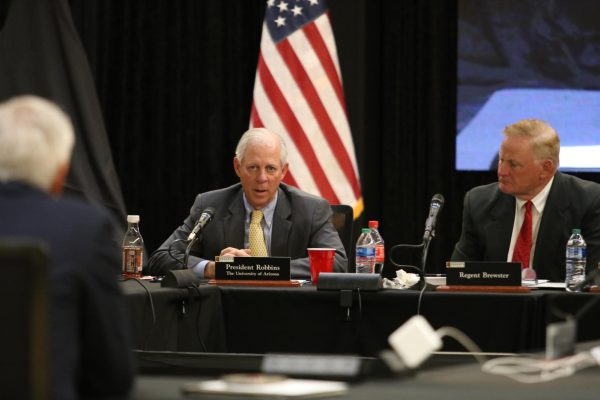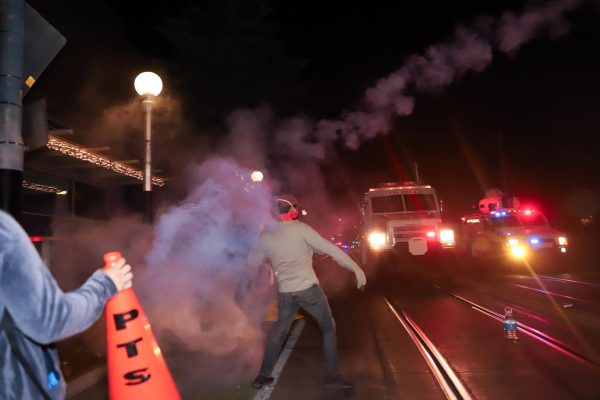UA President Robbins unveils three new interim leaders for the 2023-24 academic year
A view of the Administration building on Sunday, June 5, which houses the offices of many university employees. The university announced a plan to invest in employee salaries and graduate student stipends for the upcoming academic and fiscal year.
July 1, 2023
On May 31, University of Arizona President Dr. Robert C. Robbins announced three new interim leadership appointments that he anticipated will “best position the [UA] to further advance its mission.” These appointees have a diverse range of plans for the 2023-24 academic year.
Ronald Marx: Interim senior vice president for academic affairs and provost
Ronald Marx will hold the position of interim senior vice president for academic affairs and provost throughout what Robbins described in the May 31 announcement as a “comprehensive and inclusive national search to identify a new permanent provost.”
Marx explained that he will be involved in a multitude of faculty personnel issues including recruitment, promotion, tenure and retention. Marx’s role also extends to the classroom.
“The Provost’s office […] has an interest in promoting excellent and innovative teaching,” Marx said.
Marx identified three main challenges that come with the position, including budgets, faculty recruitment/retention and student affairs like curriculum and recruitment. The provost is heavily involved with how the UA’s budget is distributed among all three areas — which Marx described as closely intertwined in a “complex system.”
Marx further explained that, in light of the pandemic and “strained relationships among many of our important on-campus groups,” he hopes to work to find a “new normal” that continues innovation and allows for a “convivial campus community” at the time that a permanent provost is appointed.
Marx also emphasized his interest in “ensuring that all voices—students, staff, faculty—have access and real input to important decisions.”
Marx explained that he has embraced a personal approach to the work, with his summer “jam-packed with meetings as [he gets] to know faculty, staff, and student leadership.”
“I enjoy doing this work and view my role as helping our talented faculty, staff, and students realize their ambitions. I like helping others achieve their goals,” Marx said.
Outside of his professional life, Marx enjoys detaching from the “rough-and-tumble of the day by preparing a tasty meal” with his wife, Anne.
“It is impossible to cook well without paying great attention to the task. Otherwise, you ruin the food and cut your fingers,” Marx said.
Elliott Cheu: Interim senior vice president for research and innovation
Elliott Cheu will hold the position of interim senior vice president for research and innovation as “a national search proceeds to identify candidates for the permanent executive leadership role,” according to the May 31 announcement.
“My role is to ensure that we have the best research experience for students, faculty and staff. We really want to support people who are doing research and also workforce development,” Cheu said.
Cheu’s passion for research ignited during a course at Stanford University in which his professor introduced a problem without explaining how to solve it. “He basically threw a bunch of stuff on a table and said, ‘here’s some stuff that might be useful,’ and we broke off into teams and developed new things,” Cheu said.
Connecting students — particularly undergraduate students without prior access or exposure — to research is one of Cheu’s main goals as he takes on his new role. He noted that diversity in research is one of his main priorities.
“Even though we like to look at research as objective, we know that anytime there is human activity involved in something there’s always going to be a bias,” Cheu said.
Another goal Cheu identified is to continue to be “ahead of the [research] curve and [ … ] not the ones following it.”
Cheu noted that part of staying ahead of the curve — as the University of Arizona is in space and environmental research — is making choices about where to direct funding and identifying up-and-coming research topics such as AI.
This will be a challenge, as Cheu explained that the Arizona Board of Regents has mandated that on-campus research increase despite not allocating additional resources to do so.
“The UA has increased its research over the last five years by about 30%, which is pretty crazy,” Cheu said. Despite finite resources, Cheu is determined to continue this growth.
A fun fact about Cheu is that he used to fence and once competed in the Soviet Union as a part of the U.S. Junior National Team.
Professor Jenny Lee: Interim vice president of Arizona International and dean of international education
As the new Interim Vice President of Arizona International and Dean of International Education Jenny Lee described her role as to “further internationalize the campus by enlarging as well as supporting the university’s efforts to provide students a high quality, international education.”
Lee came to the United States as an immigrant from South Korea at a young age. She explained that she wasn’t given the opportunity to travel until beyond her college years, but that since then it has become a key to her identity and passions. She has been involved in higher education with the UA for twenty years and has taught both undergraduate and graduate students about the importance of internationalization.
She explained that an international education is fundamental to addressing problems that transcend borders, such as public health, climate change and geopolitical conflicts. She believes that by better understanding the world’s “incredibly diverse and rich cultures, we can work together towards making the world a better place for current and future generations.”
Some of the challenges of internationalization that Lee noted were affordability, intercultural understanding and misconceptions. One misconception that Lee explained was the opinion that internationalization is a “luxury or threat to domestic priorities,” but that education — both at the UA and universities across the U.S. — can equip students to address such misconceptions and work to solve global challenges.
Lee said she hopes to expand the UA’s innovation in international education through her own academic expertise and research.
“UArizona has the potential to be a leading institutional thought leader,” Lee said.
Lee’s goal is not to seek internationalization strictly for the sake of internationalization, but to “employ internationalization as a means towards more enriching student engagement, research innovation, and meaningful university partnerships.”
Follow Bailey Ekstrom on Twitter



